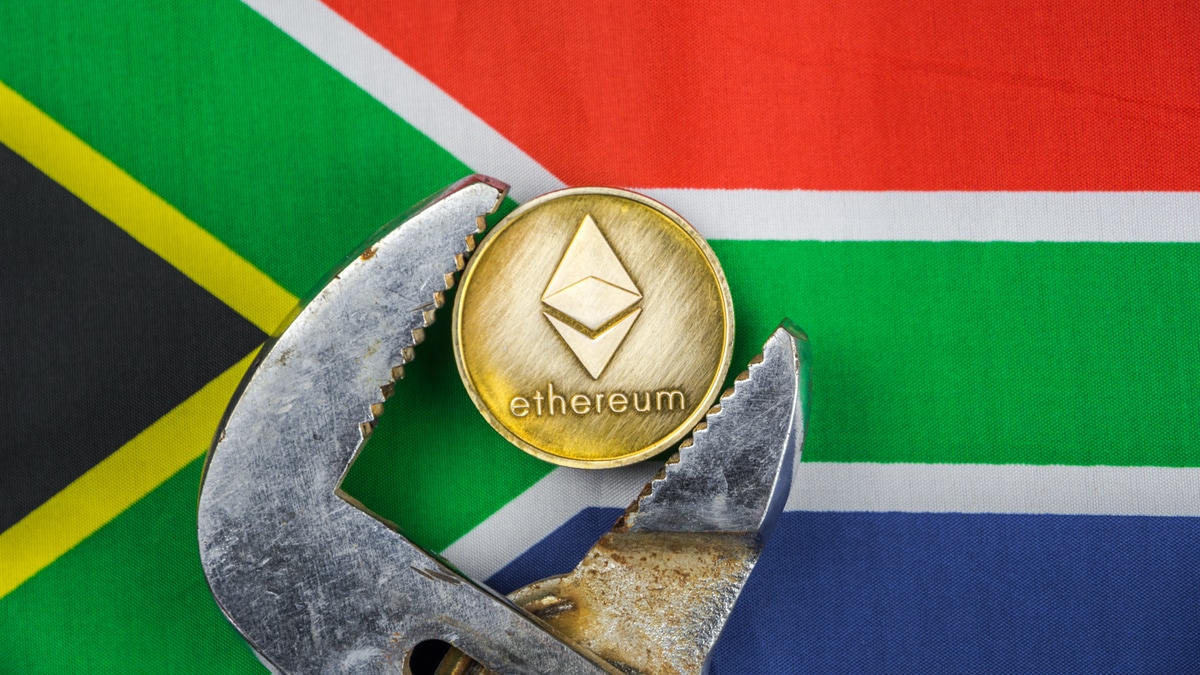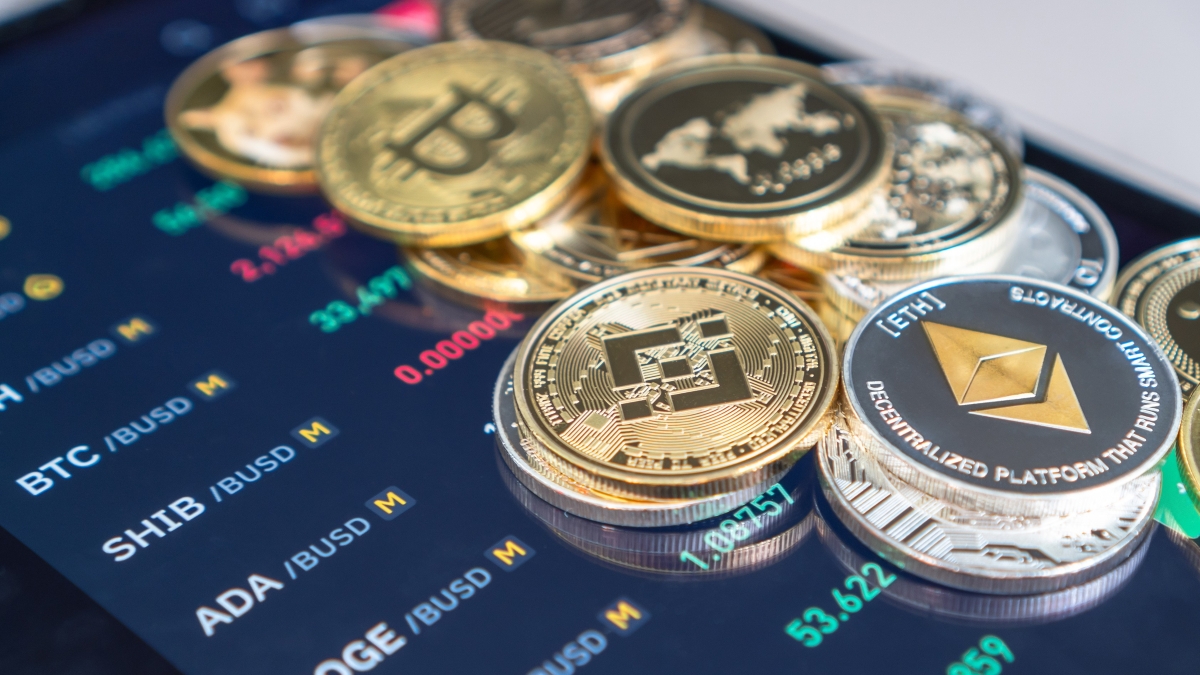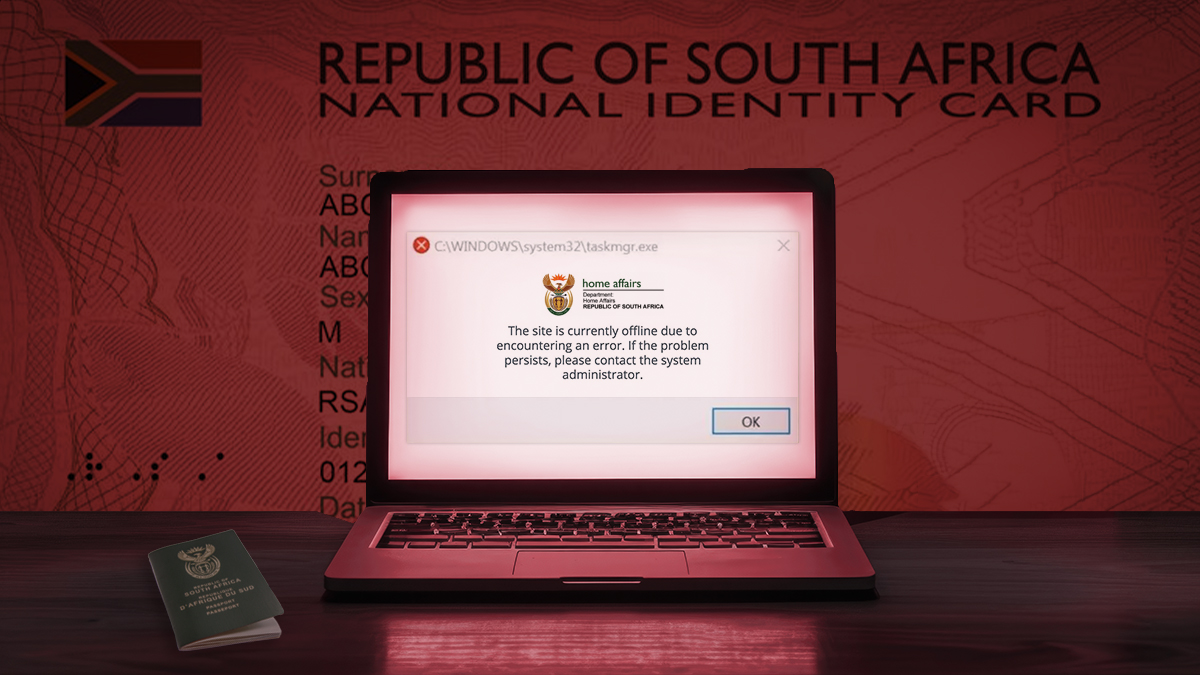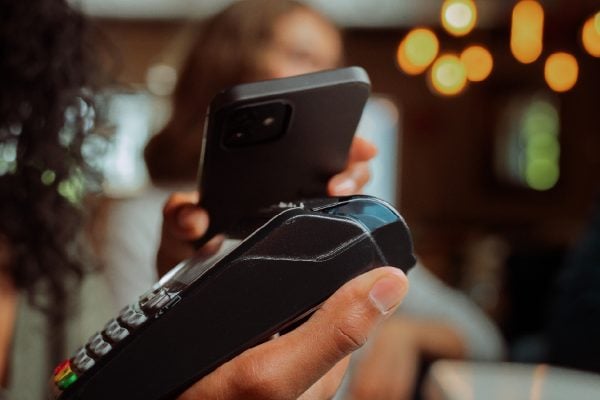Crypto decentralised finance to hit R52.3 million in South Africa

The Financial Sector Conduct Authority (FSCA) expects revenue from decentralised finance (DeFi) to reach R52.3 million in South Africa this year, with over R500 million total value locked in DeFi investments already.
However, the FSCA does not expect user penetration to increase from its base of 0.62% in 2024.
This is according to a DeFi market study by the FSCA published in February.
DeFi is a collective term for crypto asset markets developed to replicate a traditional financial system without an intermediary like a central bank or government.
It uses blockchain technologies that record transactions on a distributed ledger, making the role of an intermediary redundant.
This is in contrast to regulated, centralised exchanges and crypto asset providers like Altify, Binance, Luno, and VALR, which offer services for customers to buy, sell, trade, borrow, or lend crypto.
Centralised exchanges like Binance and Luno were initially created to allow users to trade cryptocurrencies for fiat currency and have grown into major businesses.
However, these crypto exchanges act as intermediaries, meaning they do not classify as DeFi.
The FSCA’s study lists numerous advantages of using a decentralised system, such as the absence of a central point of failure or single attack point, increased transparency, and open-source code that promotes innovation.
However, it also identified just as many risks, such as losing a crypto wallet key, fewer consumer protections due to existing in an unregulated environment, and vulnerabilities in smart contracts.
Smart contracts are decentralised applications — code — that can automate financial functions such as borrowing and lending, removing the need for an intermediary.
If a user wants to lend or borrow money using a crypto asset, they can use a smart contract to enforce the deadline for the value being put into or taken out of circulation.
While cryptocurrencies began to gain momentum roughly 17 years ago when Bitcoin was launched, DeFi is much younger.
The launch of Ethereum in 2015 provided the platform from which various DeFi protocols could launch, with the launch of MakerDAO in 2017 and Compound in 2018 laying the foundations for an explosion in DeFi activity in 2020.
As a result, the FSCA’s study found that it is still in its infant stages in South Africa, with an estimated 378,000 users expected by 2025.
The study also measures participation in the DeFi economy by identifying how much users have locked in smart contracts.
It found that 38% of respondents had more than R500 million locked away in smart contracts, 24% between R50 million and R500 million, 5% had between R10 million and R50 million, 10% had less than 10 million, and 24% were unsure.
The broader South African crypto market is much larger, with the South African Revenue Services (Sars) saying that more than 5.8 million people hold a crypto asset.
DeFi — it’s a crime (sometimes)

While the FSCA expects DeFi to grow, transferring crypto bought on a South African exchange to one located outside the country is considered a crime — and DeFi protocols are considered offshore for regulatory purposes.
This is according to the South African Reserve Bank, which was responding to questions about an FAQ document published on its website by the Intergovernmental Fintech Working Group (IFWG).
The IFWG is a group of regulators comprised of the Competition Commission, Financial Intelligence Centre, FSCA, National Credit Regulator, National Treasury, the South African Revenue Service, and the South African Reserve Bank.
It issued an FAQ document in 2021 as part of its position paper on crypto assets.
“Exchange Control Regulation 10(1)(c) prohibits transactions where capital or the right to capital is, without permission from National Treasury, directly or indirectly exported from South Africa,” the FAQ from the IFWG states.
It added that this includes transactions where an individual purchases crypto assets in South Africa and uses them to externalise “any right to capital”.
Contravening South Africa’s exchange control regulations carries a penalty of a R250,000 fine and possibly up to five years imprisonment.
The fine may be increased up to the value of the offending transaction under certain circumstances.
However, the regulations specifically link this escalation to “any security, foreign currency, gold, bank note, cheque, postal order, bill, note, debt, payment or goods”.
The Reserve Bank also banned banks from allowing clients to buy crypto assets from overseas providers using debit or credit cards.
Therefore, the only way to legally buy crypto overseas for use in DeFi is through regular electronic funds transfers.
































